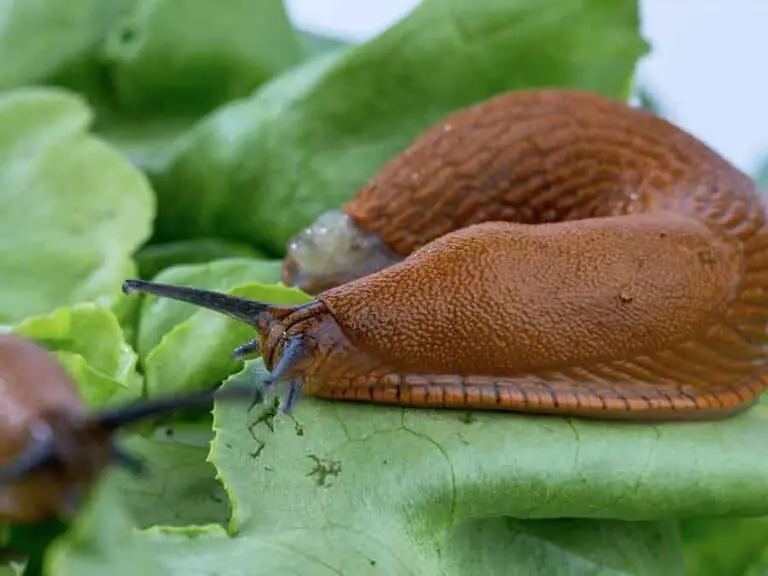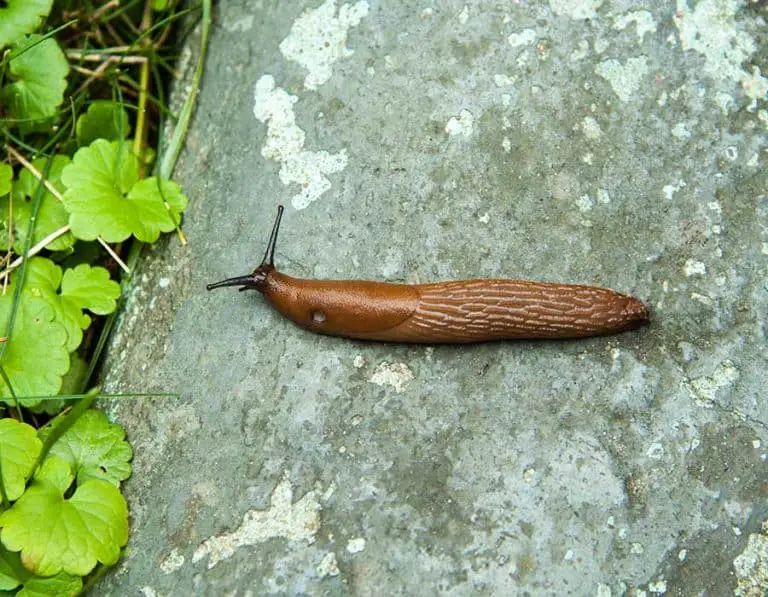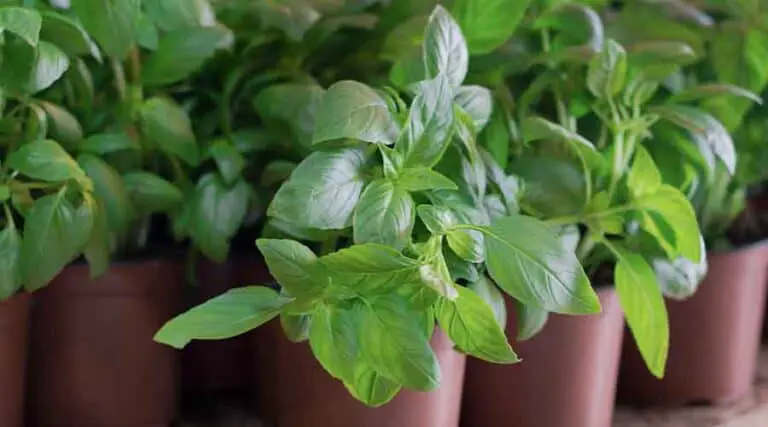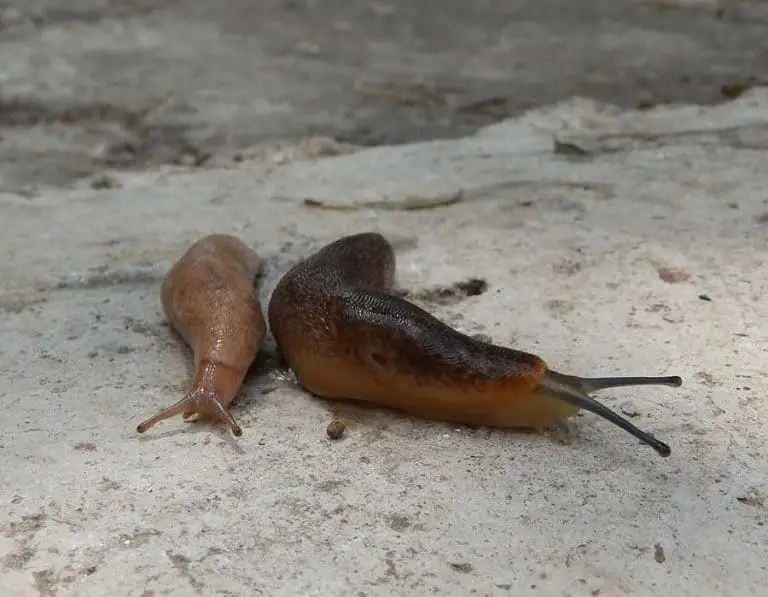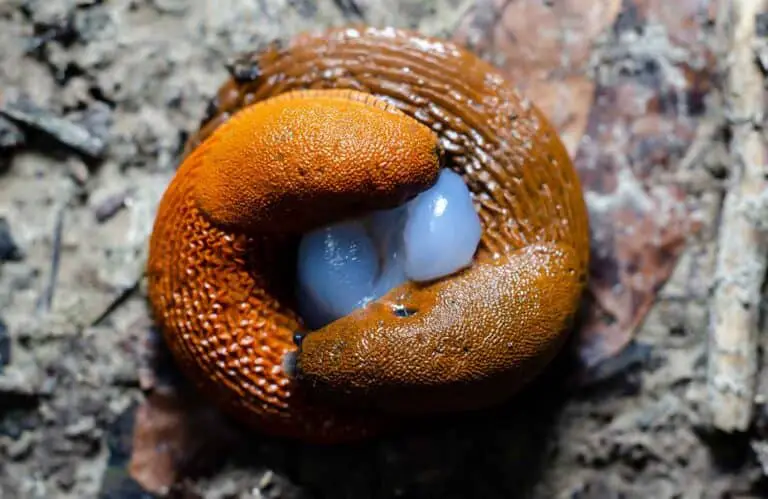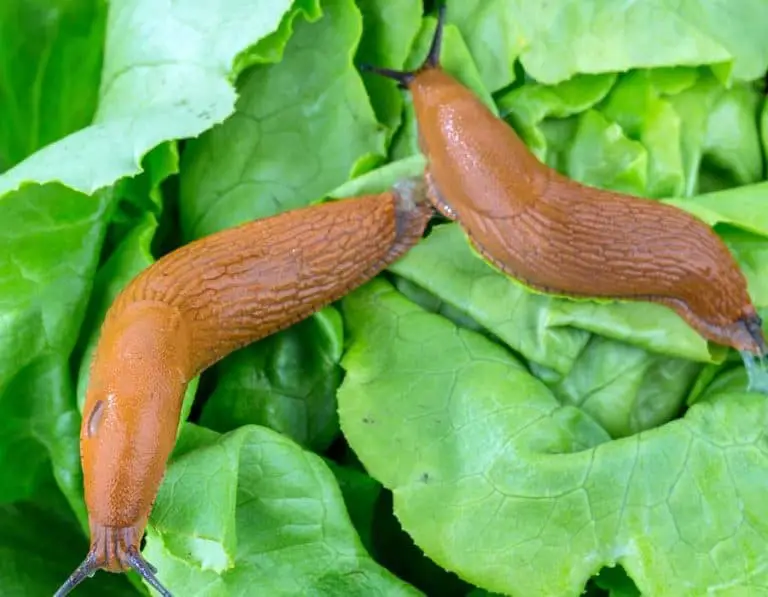Nematodes for Slugs and Snails: Are They a Good Idea?
Nematodes are a type of roundworm sometimes used to control invasive species such as slugs and snails.
Some people call nematodes a biological control agent in organic gardening. These small worms can be purchased in their millions as an organic parasitic species destroyer.
Nematodes can be used against slugs and snails in organic gardening. This pesticide-free solution kills slugs and snails in 7 to 10 days. Daily soil watering is required for nematodes to be effective within days of application.
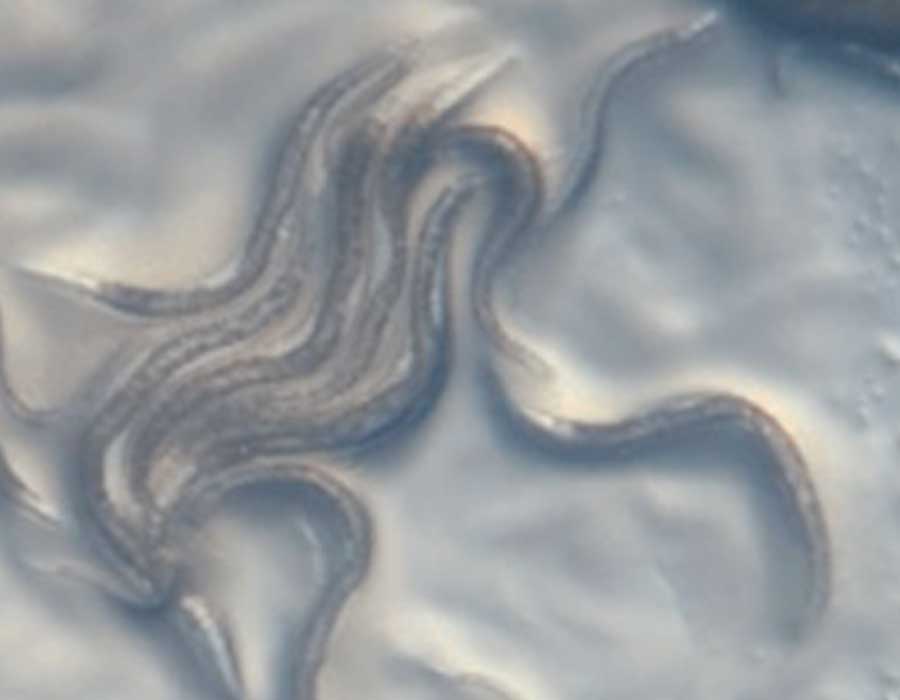
Nematodes are small microscopic parasites that kill slugs and snails. They grow on moist ground but they don’t affect vegetables or flowers. Nematodes help control garden pests as an organic biological control agent.
You can purchase parasitic nematodes in dedicated stores. Nematodes are mixed with water and sprayed in the garden in the area you want to protect and keep slugs and snails away from.
Can nematodes kill slugs and snails?
Nematodes kill slugs and snails from the inside. They act as bacteria that kill and decompose their bodies so they are ready for consumption.
The exact process in which nematodes kill slugs and snails is a mystery to many. The respiratory opening is the gateway towards the body of slugs and snails. This opening is in contact with the moist soil nematodes live on as slugs and snails live in the ground or just above the ground.
Millions of nematodes live in a small damp soil area. Slugs and snails have no real chances of escaping these parasites.
How long does it take for nematodes to kill slugs and snails?
The time it takes to kill slugs and snails with nematodes generally varies between 7 and 10 days. It can take even longer with improper application.
Each nematode pack comes with a clear indication of how to best mix and water the garden to kill nematodes most efficiently.
You need to follow the indications on your nematode pack to see how to apply it to kill slugs and snails. Most brands recommend adding a pack (up to a few million nematodes) in a gallon of water and then watering the garden normally as you would water it with plain water. You can even water it scarcely compared with normal garden watering if the soil is damp.
How to apply nematodes against slugs and snails?
Applying nematodes is a good idea, often adhered to by organic gardeners. However, you might be applying nematodes in vain if your soil is dry or if the weather is too cold as these parasites are very sensitive.
Only apply nematodes in warm weather
Nematodes only thrive in temperatures above 50-60 degrees Fahrenheit. You should not apply them in the winter as a preventive measure against slugs and snails as nematodes die in cold weather.
Consider damp soil
Nematodes need damp soil to move and multiply. They hate dry soil and refraining from watering the soil for a few days will eventually kill nematodes making their application useless.
You need to water the garden properly with a gardening hose before adding the nematodes to create a humid environment they feel comfortable in.
Mix nematodes with water
You can mix a standard box of nematodes with 1 gallon of water directly in the watering can. You can then water the garden even in the areas with plenty of fruits, vegetables, and flowers. Nematodes do not affect your vegetables as they only impact the following
- Slugs
- Snails
- Weevils
- Ants
- Grubs
- Beetles
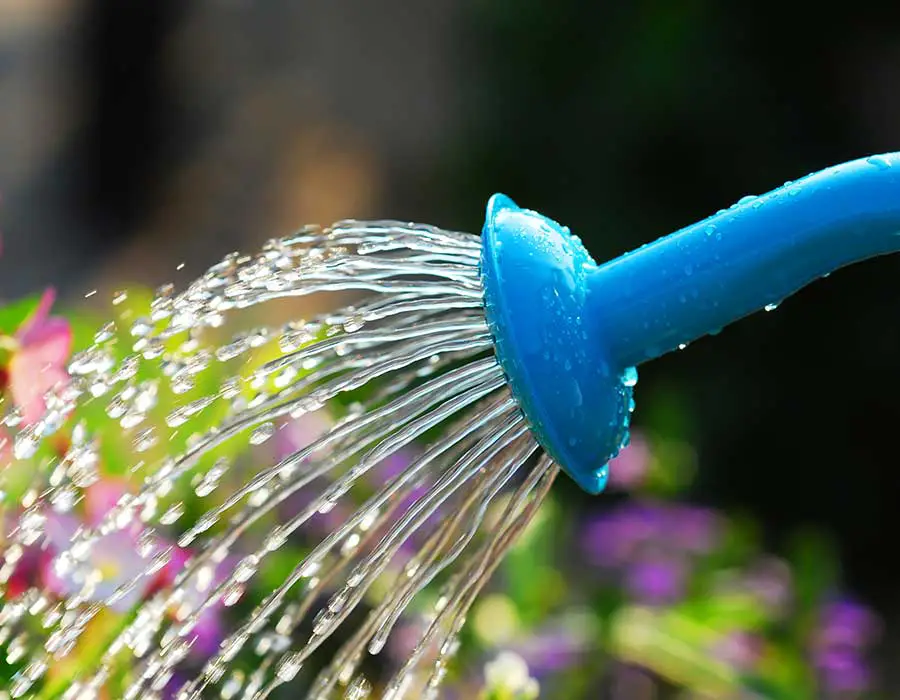
Water the garden daily
One of the biggest mistakes with nematode applications is not watering the garden frequently. You might not see any nematode benefits if you refrain from watering the garden for at least 7 days daily.
Nematodes are known for their role in killing slugs and snails and their high preference for humidity. They die without sufficient and constant soil humidity and warm weather. You can kill nematodes in your garden by not watering them for at least a week when there’s no rain within that week.
How long is my garden protected against slugs after using nematodes?
Nematodes only live up to 20 days. They have short lifespans but they multiply rapidly and continue multiplication in conditions of sufficient soil humidity, warmth, and food.
Nematodes remain active for the entire summer or half a year in these conditions. As a result, you should only apply nematodes a couple of times per year.
When should nematodes be applied against slugs and snails?
You can apply nematodes in the spring or the summer. Even better, you can apply nematodes once as soon as the temperature is as high as 50-60 degrees Fahrenheit. Some people also apply nematodes again in the fall, especially for gardens with fall vegetables (such as pumpkins, broccoli, potatoes, and cauliflower).
3 reasons using nematodes against slugs and snails are a good idea
Using nematodes is allowed in organic gardening as it’s a solution against pest-control chemicals. The reasons to consider nematodes in your garden are more complex.
1 – Nematodes are used in organic gardening
Organic gardening doesn’t support chemical use against slugs and snails or any other invasive pest. Slugs and snails can eat through cabbage and vegetables within days and action is still needed against these small invaders.
You can use nematodes in your garden as they don’t impact plants and vegetables or the quality of the soil. The number of times you use nematodes per year doesn’t affect the garden either.
2 – Nematodes kill slugs and snails within days
Another benefit to using nematodes is the speed at which they kill slugs and snails. They might not kill them on the spot, but they kill the invasive species faster than their natural predators such as birds.
While nematodes should be used as a preventive measure, they might still handle considerable invasions of slugs and snails.
3 – Nematodes can keep on killing re-appearing slugs and snails for months
Unlike other types of methods that kill slugs and snails, nematodes remain active for months. They multiply tens of times per summer and new generations are born each day. Millions of nematodes can live in the soil of the garden through the summer essentially ensuring your organic garden is free of slugs and snails until harvesting time.
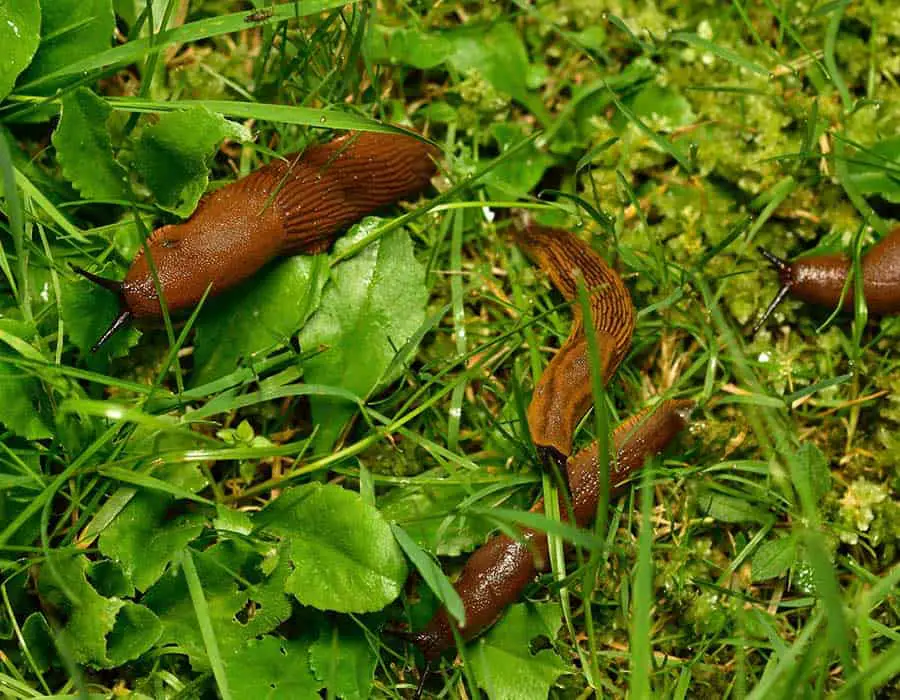
2 reasons why using nematodes against slugs and snails isn’t a good idea
While nematodes are organic and affordable solutions against slugs and snails you might still want to consider the limitations of the measure.
One of the biggest limitations comes in large-scale farming where slug invasions need to be dealt with immediately to limit economic losses. Slugs and snails aren’t killed on the spot by nematodes since it takes days for them to kill them. Here are other major reasons you may want to think twice about using nematodes in the garden.
1 – Nematodes eventually die
One of the biggest drawbacks of nematodes is they eventually die. Nematodes die and this poses a problem when it comes to a continuous measure of eliminating slugs and snails from the garden.
The limited action of nematodes can be even shorter in the case of drought. This is closely tied to the second reason nematodes aren’t an ideal slug and snails prevention measures.
2 – Nematodes die immediately with sudden weather changes
Nematodes are very sensitive to cold weather and humidity. Unfortunately, these elements cannot be in the full control of the gardener. Nematodes typically die when impacted by one or multiple of the following variables.
Drought
Long or even short periods of drought kill nematodes. If vegetables can go a few days and even weeks without rain, nematodes die in dry soil. This is why daily watering might be needed in the warmest gardens so that nematodes don’t die.
Temperature changes
Nematodes die in temperatures below 54 degrees Fahrenheit. This means nematodes can die in the spring or even in the summer in temperate climates, particularly in cold weather at night.
Poor watering habits
Nematodes also die whenever you don’t water your garden sufficiently. They need moist soil to thrive and dry soil kills them. If you cannot maintain moist soil for at least a couple of weeks you won’t see any positive changes in the numbers of slugs and snails invading your garden.
Conclusion
Nematodes are a good idea against slugs and snails for organic gardening. They are very efficient when you don’t need to kill slugs and snails on the spot as it can take up to 10 days for them to kill all slugs and snails.
The microscopic worms can be some of the most efficient methods of long-term slugs and snails control in gardens where you don’t want to use chemicals against pests. They continue multiplying for a few months and they can be present in the soil for up to 6 months under the right conditions.
Slugs and snails take time to control. Nematodes are applied 1-2 times per season which means you need to use them before there’s a serious slugs and snails problem that requires immediate reactions.

